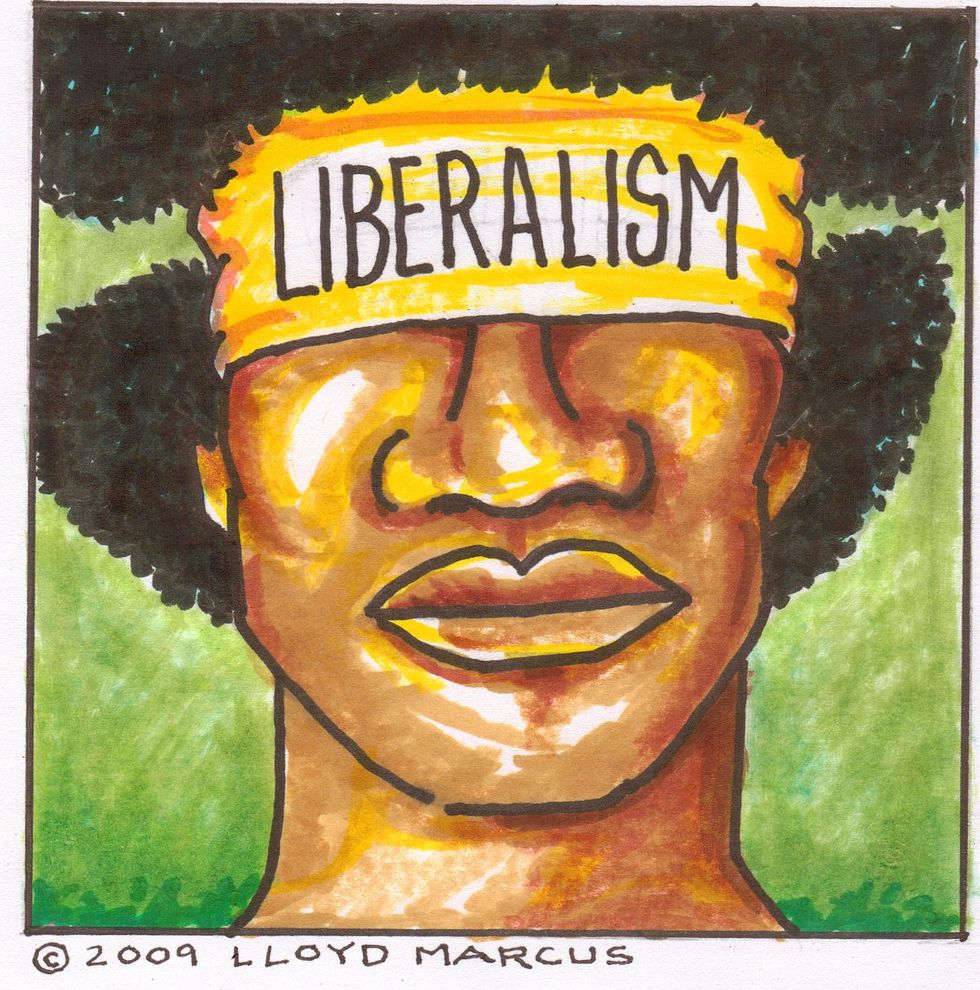Liberalism, at least in the Western tradition, is oftentimes considered to be the most effective, the best, political ideology on which to base a civilization. Based largely on Locke’s Second Treatise of Government, liberalism asserts that individual liberty is the highest priority creating a private sphere of inalienable rights, namely speech, religion, property, and contract, wherein the government cannot intervene. While this rhetoric proclaims universal rights and equal protection, liberal societies like the United States are plagued by institutionalized inequality such as racism, sexism, and homophobia. Looking specifically at racism, George Yancy and Falguni A. Sheth in their article, How Liberalism and Racism are Wed (https://opinionator.blogs.nytimes.com/2015/02/27/h...), speak to the notion that racism is inherent to liberalism; however, their considerations of the racism of liberalism are fairly limited to its function in practice rather than the theory of liberalism. While there are vast abandonments of liberal philosophy that contribute to the expansive discrimination that exists in the United States specifically, the necessary hierarchy of liberalism fails to address the historically-grounded, unavoidable inequality between races. This complacency, or rather liberalism’s inability to work to rectify racism, can, in and of itself, be considered a manifestation of an inherently racist system.
Yancy and Sheth speak to the systematic dehumanization, deportation, and disenfranchisement of people of color as fundamental to the liberal philosophy. Sheth says, “while we can make corrections to ‘ideal’ liberal theory, these corrections are at base additive. They don’t fundamentally restructure the foundation of liberal society — namely the promise of universal and equal protections alongside a systematic impulse to violence in the name of ‘civilizing’ the heathens, or for the purposes of maintaining ‘law and order’.” There is something to be said that perhaps it is naïve to simply blame liberalism for perpetuating a system that benefits white people who remain largely ignorant to their own privilege, especially since the remaining alternatives have historically led to a eugenics movement and a government unconcerned with the rights of any of their citizens. Nevertheless, it would be equally problematic to accept liberalism as separable from systematically racist ideologies and actions simply because a viable replacement is lacking.
While it could be argued that it is Locke who is racist and not the system he endorses, it would be irresponsible to not consider the larger implications of Locke’s ideology, namely the inability of liberalism to address the racial inequality that has been culturally and historically embedded in human civilization. Liberalism assumes an equal playing field among all its citizens, one where power inherent to social identities cannot be used as an oppressive force to hold back an entire group, in this case an entire race, of people. An argument can be made that, in theory, liberalism would not allow this to take place because racism represents an infringement of the rights of the person of color. However, limiting racism to actions taken that directly and objectively infringe upon an individual's rights on the basis of their skin color vastly minimizes the culturally embedded manifestations of prejudice or the covert, or sometimes even overt, acts of discrimination that are committed under the guise of an individual’s own freedoms.
More generally, classical liberalism cannot prevent inequality when it exists in a space of converging rights, which is almost always the case. Recently the US judiciary branch has been considering the implications of the right to religious freedom in comparison with an individual's right to public services and contract. In other words, does a business have the right to refuse service to someone based on religious convictions? Liberalism is uniquely unqualified to make this determination because there is no other standard than individual liberty. Of course, today the question of who businesses can and cannot serve is not usually being considered in terms of race but it has been in the past and liberal theory cannot, by definition, favor one individual’s rights over another’s regardless of the larger ramifications. It does not matter if one right is predicated on and perpetuates the presence of racist or otherwise unequal systems while another simply attempts to exists in public space. Liberalism assumes all rights are equal. It is therefore complacent to the very much unequal systems that do exist within American society, and all other societies (as racism is a global, as well as a country-wide, problem), and as this complacency perpetuates racist systems it can in and of itself be considered racist.
The difference between liberalism in practice and in theory is pronounced. No society as of yet has been able to completely implement the theories liberalism is based on, creating immense inequalities and racial tensions. However, even a society fulfilling every tenet of liberal theory cannot rectify the inequalities that are inherent to the human condition. Liberalism must assume equality, putting it in the unfortunate position of favoring the oppressor throughout history. Therefore it is not simply the misapplication of liberal ideology that creates racial division but the inability for liberalism to address or solve the existing inequality that names is as an institution of systematic racism.






















